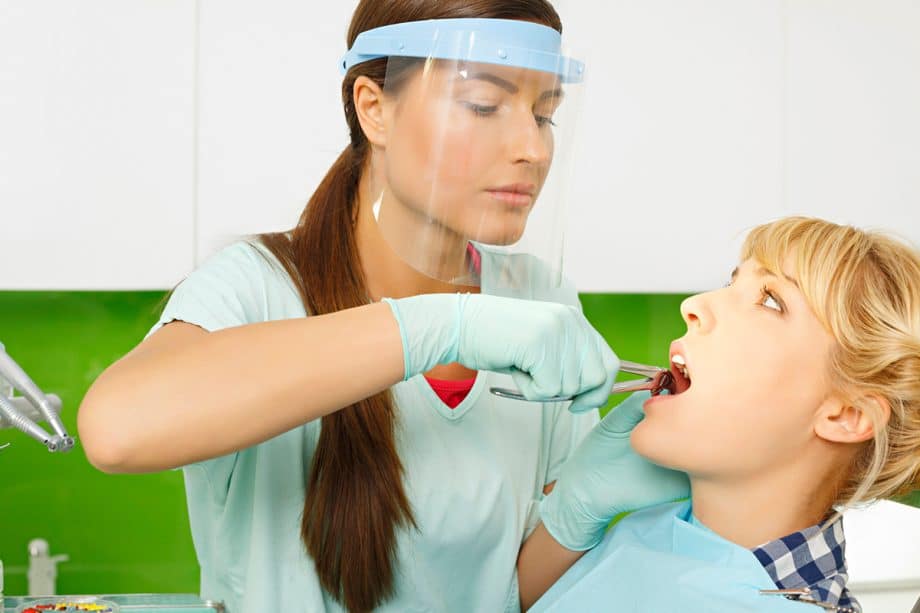A tooth extraction is a routine, well-tolerated procedure performed in a dental office. In many cases, patients may drive themselves home from a tooth extraction, but it depends on what type of anesthesia they receive.
If patients opt for local anesthesia only, they can safely drive home. If they add nitrous oxide for further relaxation, it is safe to drive home. However, if patients receive conscious oral sedation, IV sedation, or general anesthesia, a trusted adult must drive them to and from their extraction appointment.
Why Tooth Extractions Are Necessary
Dentists do everything in their power to save damaged teeth, but sometimes, removing the tooth is the best course of action to protect the patient’s oral health. Common reasons for tooth extraction include:
- Damage too extensive for a crown or filling to repair
- An abscessed or infected tooth that a root canal cannot save
- Vertical root fracture
- To make way for orthodontic work or dental implants
The Tooth Extraction Procedure
Many patients feel wary of tooth extractions, but dentists reassure them that the procedure is simple, quick, and comfortable.
Consultation
Your dentist will take digital images of your tooth and the surrounding tissue to assess the problem better. Digital X-rays produce highly detailed images with a fraction of the radiation used by traditional machines.
Local Anesthesia
Dentistry of Mendham uses advanced STA equipment for local anesthesia. This computerized system painlessly delivers medication to ensure your comfort during the procedure.
Extracting the Tooth
After your local anesthetic has had a chance to work, your dentist will extract the tooth. The dentist then loosens the tooth with gentle motions using a specialized tool called an elevator. After releasing the tooth, the dentist uses forceps to remove it from your mouth.
Depending on the extraction site, you may need a few stitches to close the gum.
Special Circumstances
If your tooth is severely impacted (trapped by gum tissue or bone), you may need to visit an oral surgeon for the extraction. However, most extractions take place in our office under local anesthesia.
Aftercare for Tooth Extractions
To optimize healing, always follow your dentist’s post-operative care instructions. Avoid any activities that could loosen the beneficial blood clot in the empty socket. Do not use straws, smoke, or spit for at least the first few days to avoid creating suction in your mouth.
Frequently Asked Questions About Tooth Extractions
Is it better to get a root canal or extract a tooth?
A root canal can usually save a damaged or decayed tooth. However, this is not always possible. Your dentist will carefully assess which procedure has the most benefit for your oral health.
How long does it take to heal from a tooth extraction?
Your gum will heal well, and you should feel back to normal in approximately one week. Be cautious with hard, crunchy, and spicy food until your gum has completely healed.
Dentistry of Mendham is a comprehensive family practice located in Mendham, NJ. We offer a broad range of dental services, allowing you to receive the care you need in one convenient location. Contact Dentistry of Mendham to learn more and schedule an appointment today.

